If a game starts badly, should you stick with it?
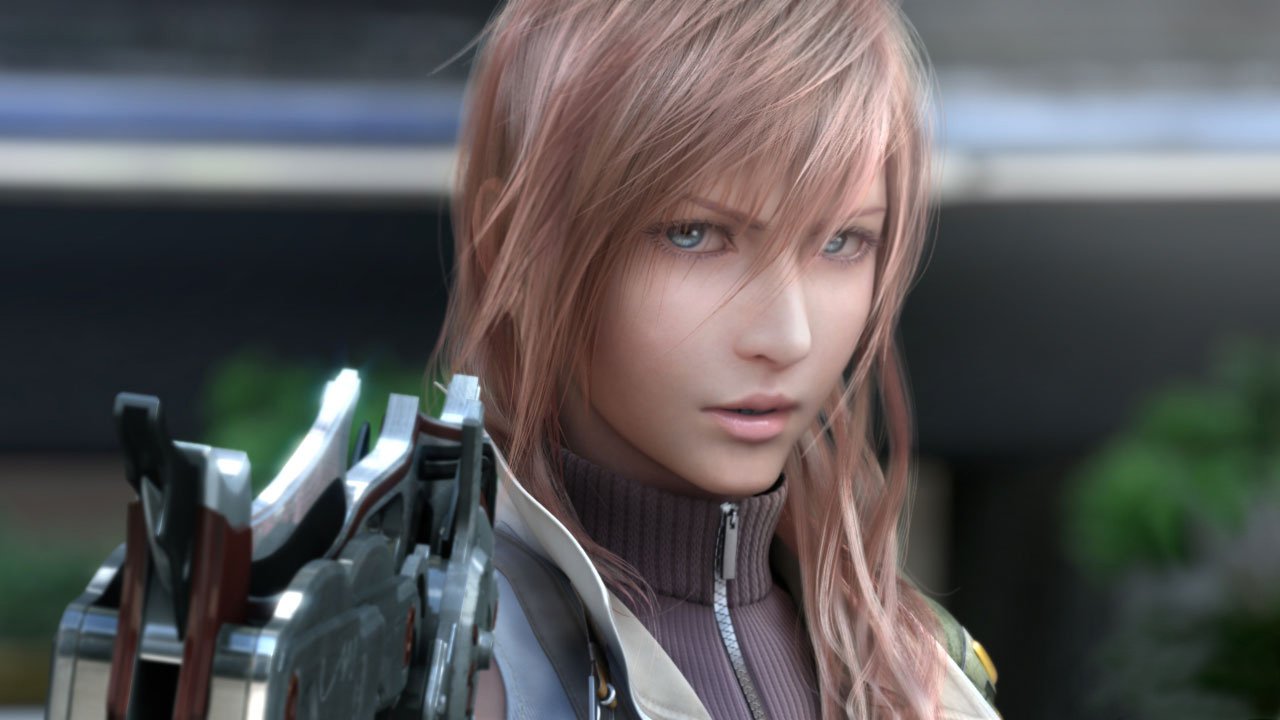
There are some situations where it's best to start slow - learning lion taming, for instance. But in these busy times, can a game really justify a rocky beginning? We've all had those recommendations from friends that start with "if you can just make it past the first three hours, then it's amazing," as if we're immortal beings on a gap year. We got our staff hive mind together to decide if a bad beginning can ever be redeemed, or if we should just jump ship and move on with our lives. There are plenty of games in the sea, after all.
This is the latest in a series of big questions we'll be interrogating our writers with, so share your answers and suggestions for topics with us on Twitter.
Metal Gear Solid 3
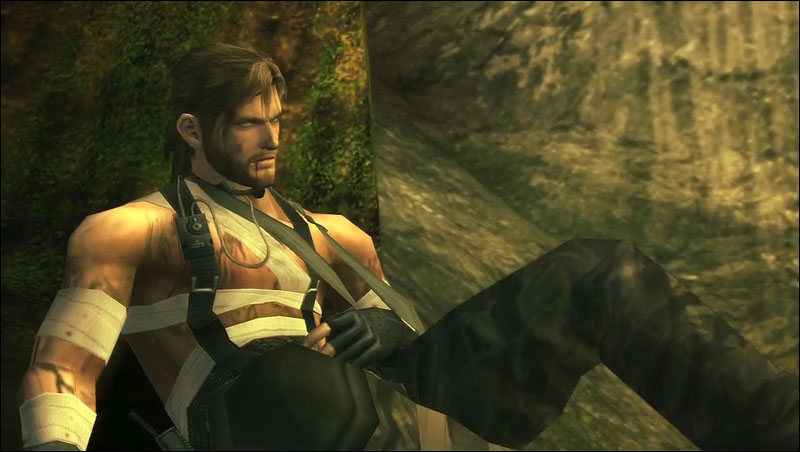
Even when I was a kid who couldn't afford to buy his own games, I'd drop new games that didn't immediately thrill me and go back to something I knew I enjoyed instead. That's why, for example, I have dozens and dozens of hours in WarioWare but could never be bothered to get past the first two hours of Golden Sun or any given Castlevania. The point where I finally started to cross that gap was Metal Gear Solid 3: Snake Eater. As Dan mentioned in a previous Big Question, that game was just a lot, with a thick manual and a huge set of tutorials to internalize before you could make sense of half its systems. The complexity (not to mention the front-loaded cutscenes and radio calls) sent me scampering away, but not before I'd glimpsed the edges of what Snake Eater could do. After months of leaving the box collecting dust on a bookshelf, I finally popped Snake Eater back into my PS2 and resolved to see how far I could get. The answer was: the credits! Since then I've gotten better about pushing through slow starts in games, but only if I see a glimmer of something better on the horizon. No glimmer, no dice. Connor Sheridan
We Happy Few
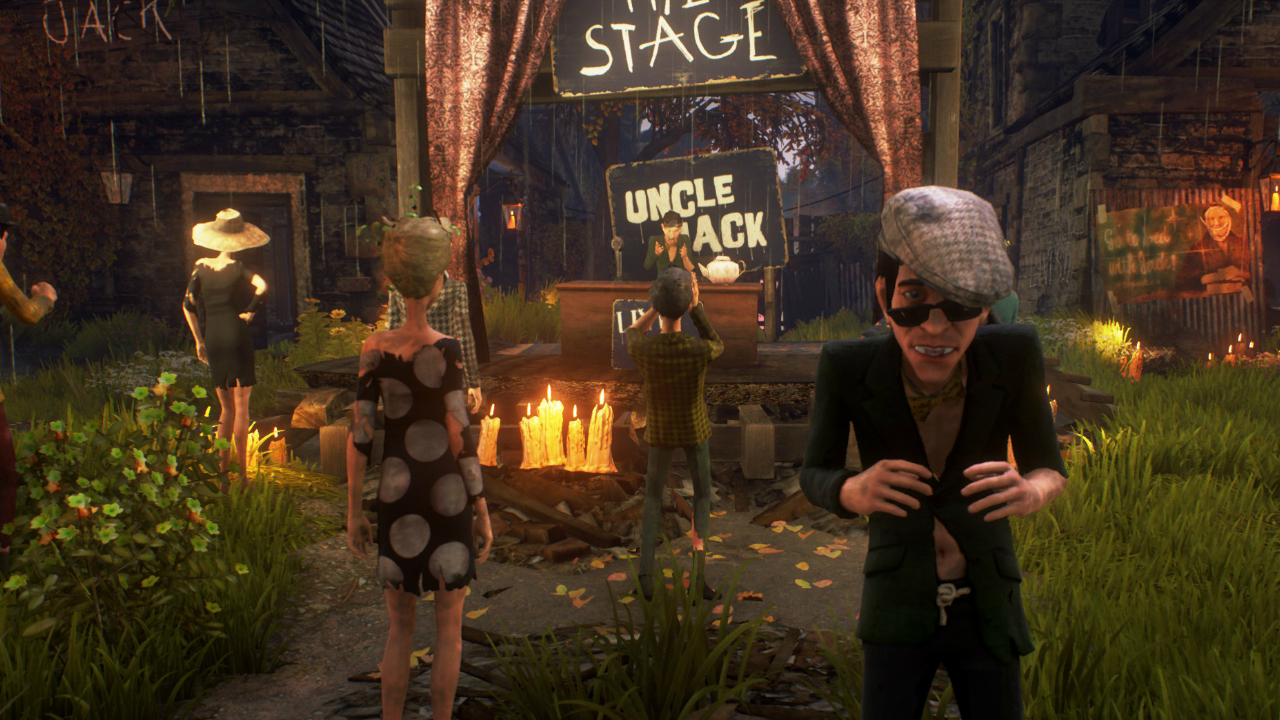
Obviously the answer is no, and if you think otherwise then let's swap lives. If a game doesn't get me interested in its world or story in the first 30 minutes, then it's probably not for me. I started playing We Happy Few recently because the trailers had a bit of mystery to them, and it looked like Dishonored but set in an alternative England. Great! But the start of the game has you sitting at a desk, reading newspaper headlines and deciding if they're fit of public consumption. Not just one though, a lot. It's slow. Too slow. It gets better once you get into the open world but that's the same as when people tell you Breaking Bad gets good in season 3. I need it to be good in episode 1 of season 1.
I carried on with We Happy Few and ended up getting near the end of Arthur's story, but there wasn't enough to make me really care about what was going on. And that was before I discovered there were another two acts to come. So that was 10 hours I could have spent doing something else rather that trying to convince myself I was having a good time. There's a mind-blowing number of games, TV shows and movies that I could be watching or playing every night these days and I need to know that i'll enjoy what I'm doing and not sat hoping it'll get good if I stick with it for another 13 hours. James Jarvis
Assassin's Creed 3
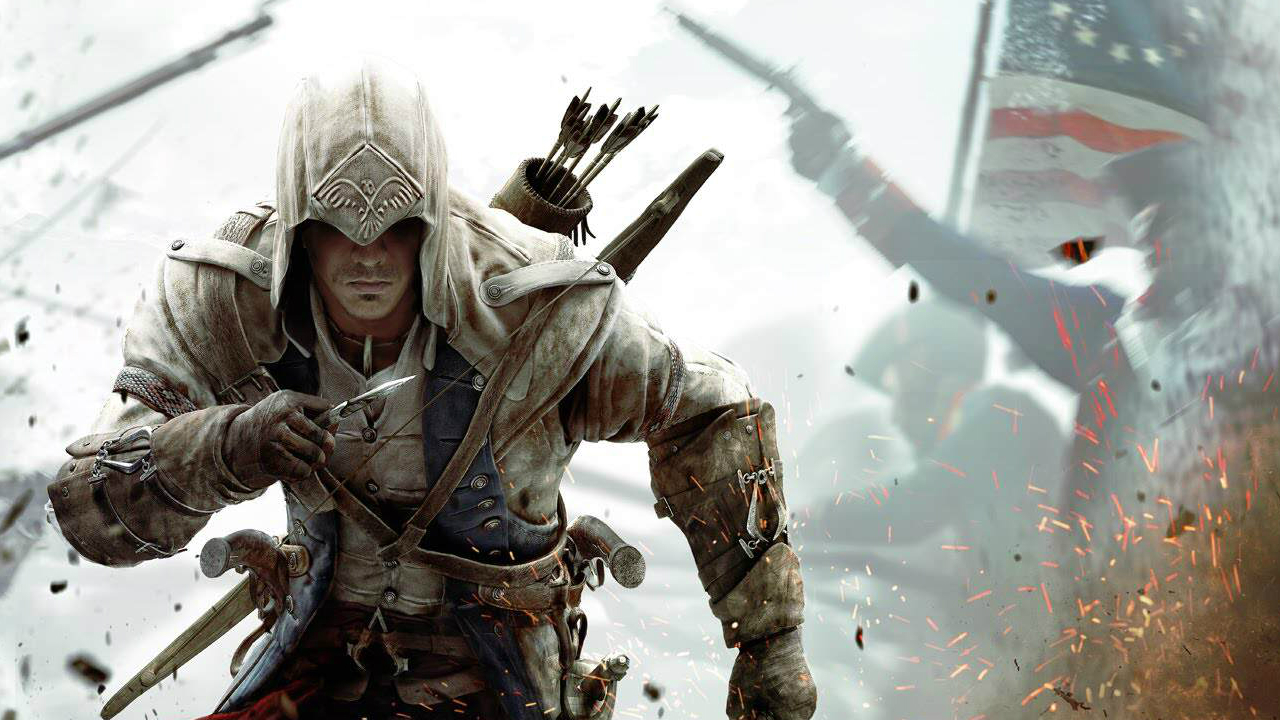
I actually think a lot of RPGs and open-world games start really poorly, with bloated tutorials and constrained pacing that holds players back from the freedom and agency they'd signed up for. Assassin's Creed 3 is the big culprit for me here, which takes a half dozen hours before you're actually a fully grown Connor, free to explore the entire map of Colonial America. But initially, you're forced to run through mundane 'character development' levels like playing hide-and-seek and watch a cacophony of cutscenes. As most people know, Assassin's Creed 3 isn't exactly considered a high point of the series, but that's partly because its dragged out opening really didn't do it any favors. Once you're out in the open world proper, I'd say it's as good as any other Assassin's Creed game. Compare that to Marvel's Spider-Man on PS4, which gets you swinging around Manhattan as soon as the game starts, and you can see how much of a difference a strong opening can make for experiences of that kind. Alex Avard
Final Fantasy 13 and Silent Hill
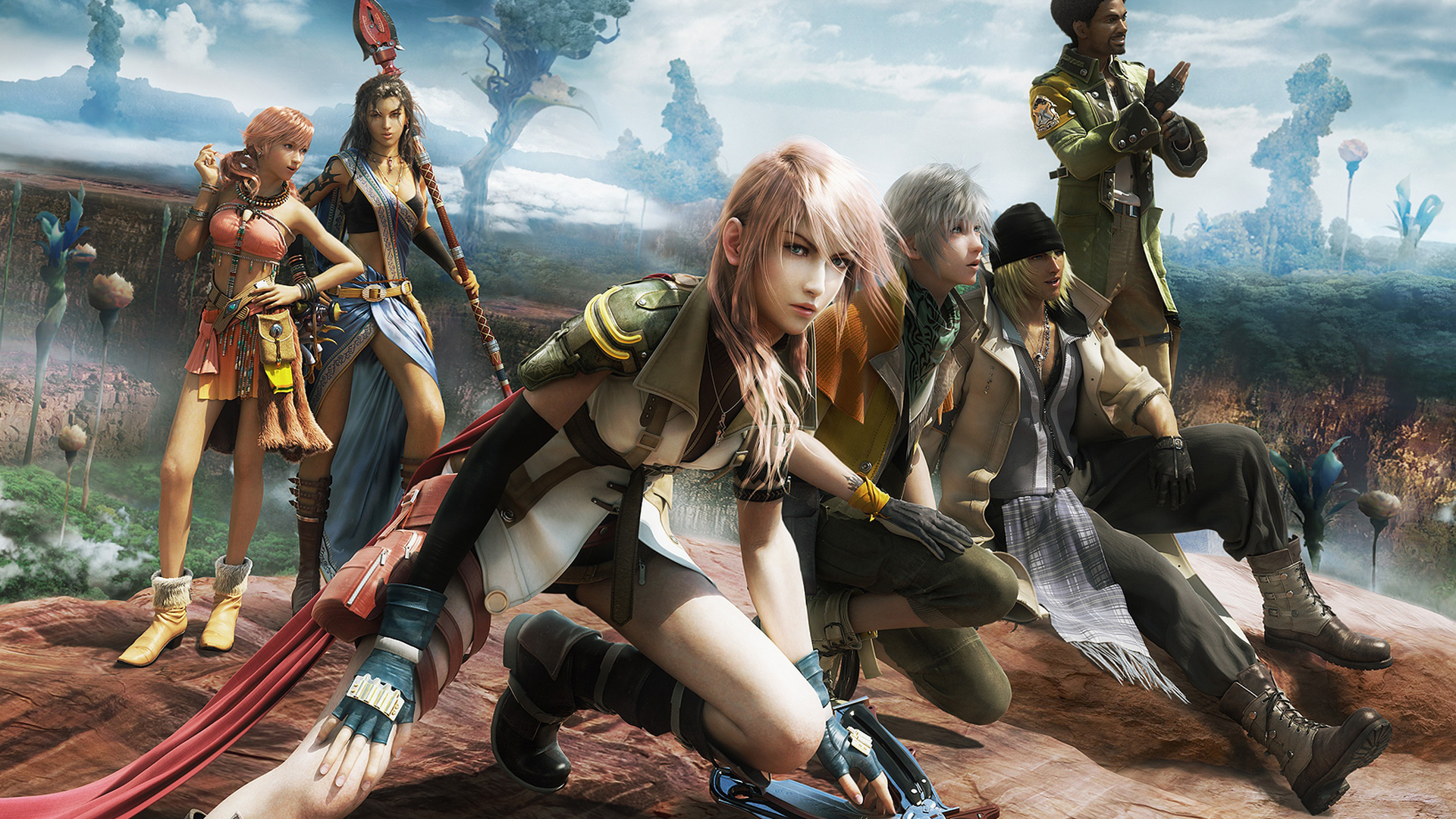
Having a slow start can be a mood-killer, and few games managed to kill their own hype as quickly as Final Fantasy 13. Developed in a whole new engine for a new age of HD graphics, FF13 was gorgeous, but boring. Occasionally you'd hear people defending it with lines such as "It really gets good about 30 hours in!" - sometimes ironically, sometimes sincerely. But you shouldn't be expected to put up with such a ludicrous time sink in order to get to the good stuff. But I want to clarify, this doesn't mean a slow start is inherently bad. When you first start Silent Hill, the town seems just slightly off - it takes a good amount of time before you're really in the thick of things, with skinless monsters and other awful creatures. The main key is to recognize the difference between a slow start which will eventually ramp up and a boring start, which will keep you rolling your eyes for hours on end. Sam Prell
Weekly digests, tales from the communities you love, and more
Rise & Shine
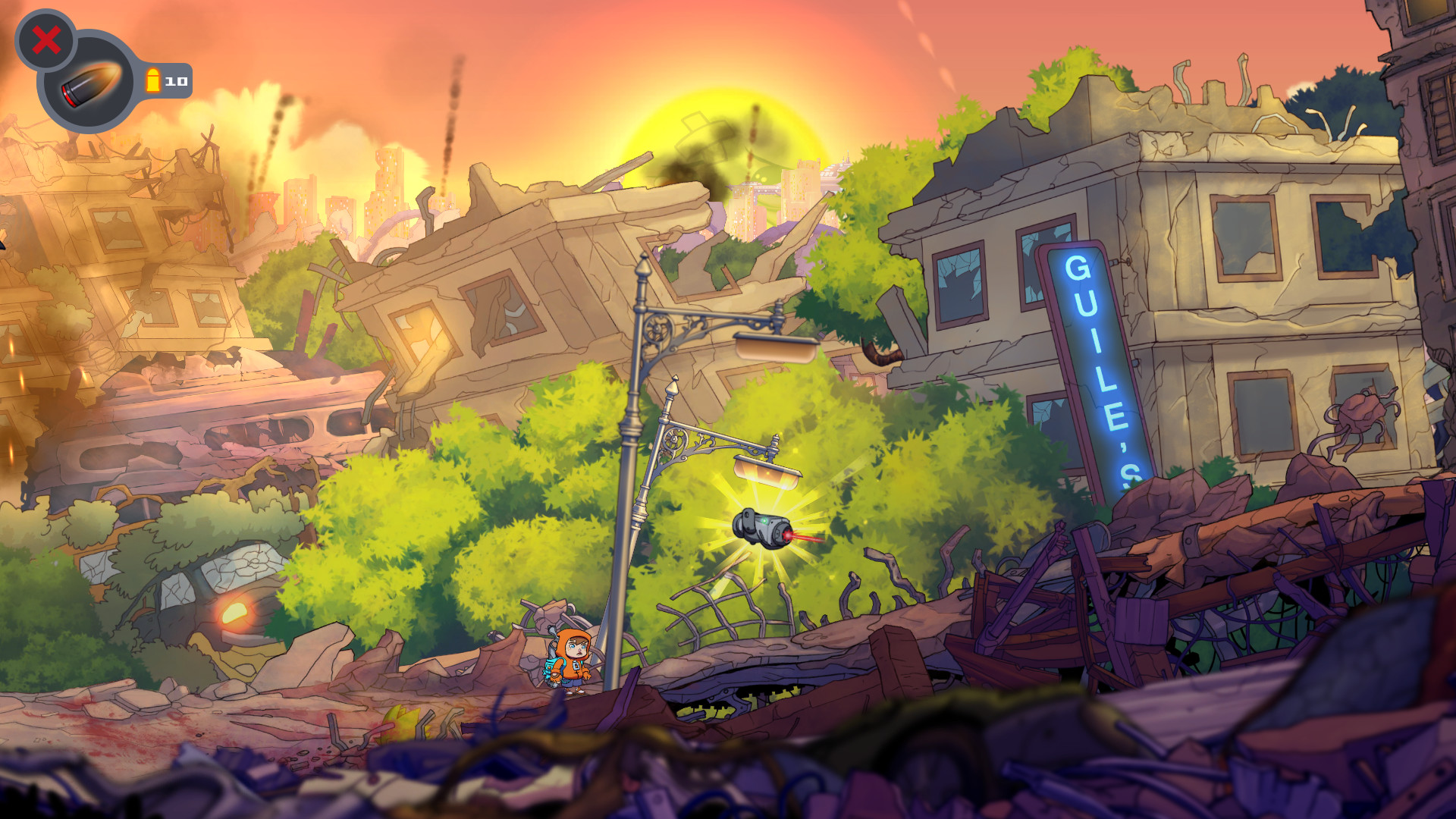
When judging which games I want to play on my own time, I'm fairly ruthless; my standard practice is that a gameplay trailer has roughly two seconds to establish itself as something I think I'd enjoy. My gut usually has the right of it - so on the rare occasion that I do end up purchasing a letdown, I usually take it as a loss and move on. Indie platformer Rise & Shine grabbed my attention with its hand-drawn art and colorful, highly detailed backdrops, but the gameplay itself is clunky, and the incessant 'gamer humor' references are a real drag. I bailed for good after 17 minutes of ho-hum play. My advice is to just ditch anything that doesn't actively engage you from the get-go, because I can't think of a time I've broken through initial dislike to suddenly come out the other side seeing the entire game in some new, adoring light. Lucas Sullivan
Batman Arkham City
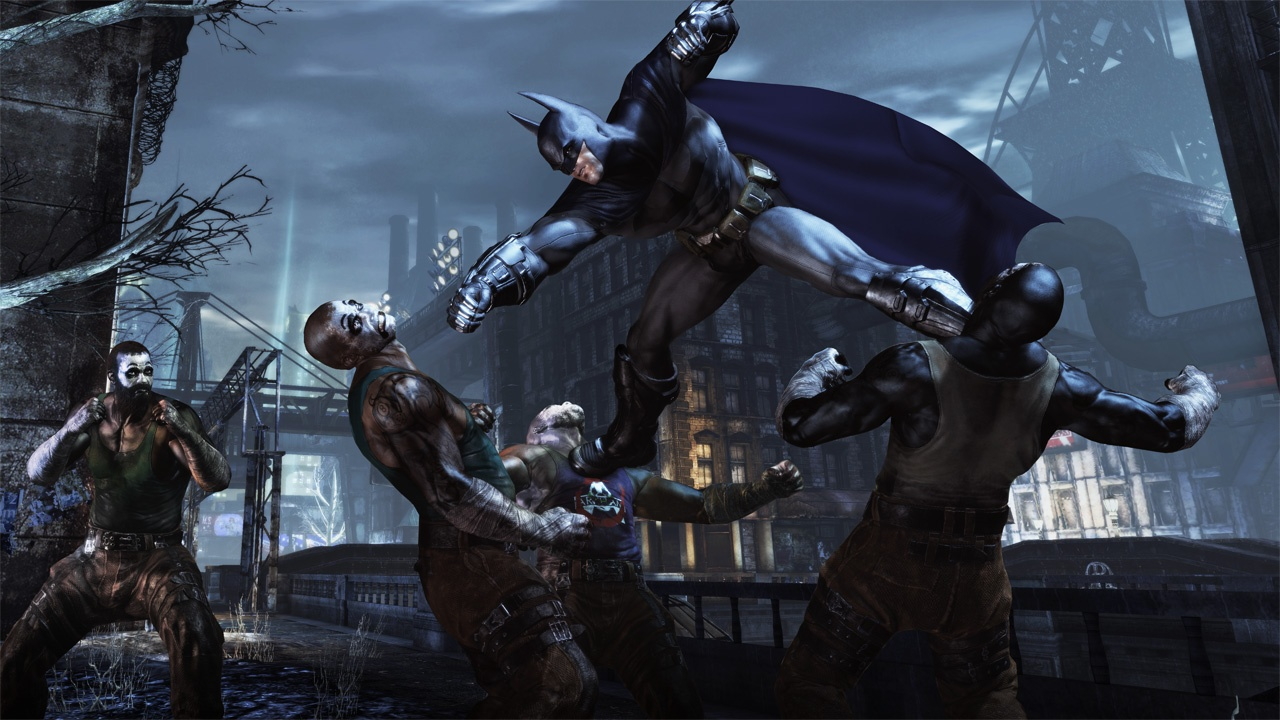
There's nothing wrong with a slow start. Famously, Destiny needed to be played for about 30-40 hours before you even scratched the surface of the 'proper' game at the end, and something like Assassin's Creed 2 - widely seen as the seminal title in the franchise - doesn't even show you half its goodies by the 20 hour mark. It's called pacing, and I actually think it's a bit of a lost art as AAA titles desperately vie for our attention within seconds of starting a new adventure. What's worse, in my mind, are games that splurge everything up front and demand you pay attention to 50 things at once without explaining any of them. The worst offender, by far, is Batman Arkham City, which sets you loose in a massive, rather samey city, and gives you a multitude of tasks within the first 15 minutes, having explained none of them. What the hell am I meant to do first? Is this important? Is THIS? I love the other Arkham games, but switched off City after about an hour, never to return. It's like being dropped into the middle of a complex lecture on social politics, and everyone is staring at you because when you sat down your seat squeaked and you spilt some coffee over the girl sat in front of you, and you know - you know with a horrifying clarity - that she's on her phone Tweeting about some 'nameless asshole' who just ruined her new top with a Pumpkin Spiced Latte. Even though it's actually an Americano, although admittedly, it's really, really hot and you do feel ashamed and confused. Games: please take your time explaining your story and systems, and don't fear the slow start. I mean, players have already paid $60 for the privilege, so they should be invested enough for a more measured opener, right? Andy Hartup
The Elder Scrolls 5: Skyrim
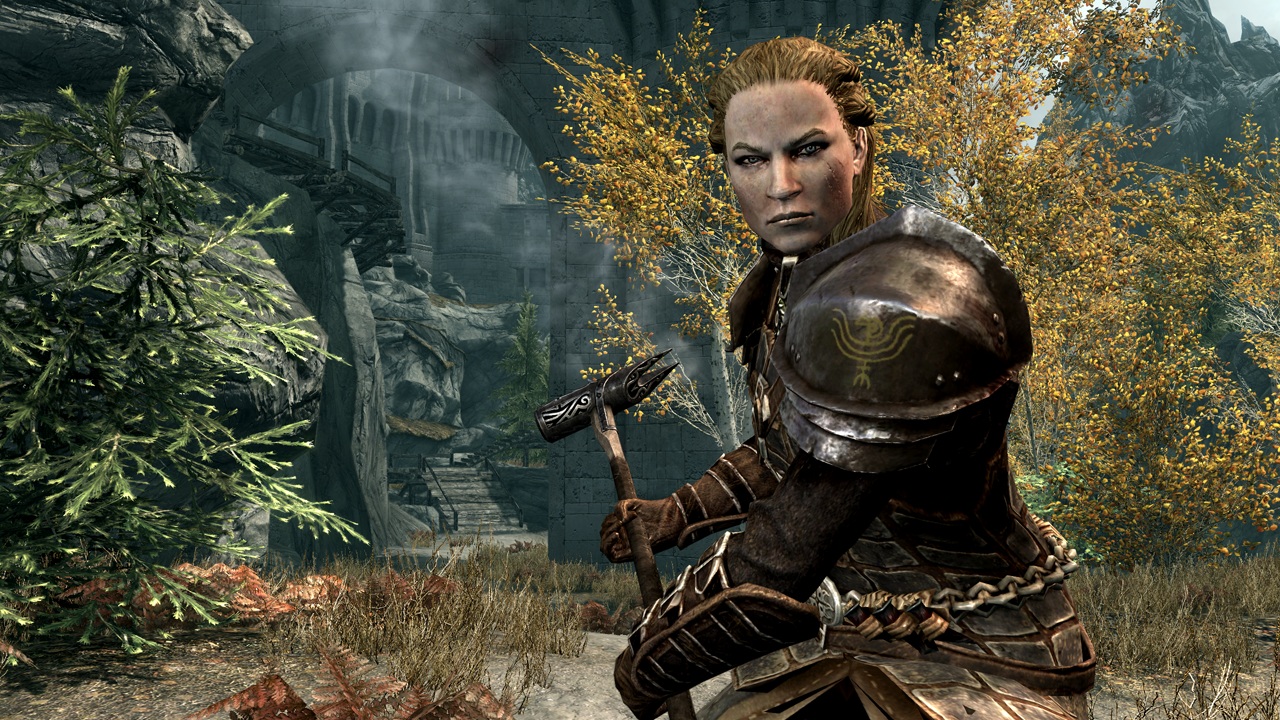
Yes, because I'd have missed out on Skyrim if I'd been impatient. I'll caveat his by saying: there's no excuse for starting your book/game/film/show slowly and terribly. Time is our most precious resource and the competition for attention has never been more bewildering - be it an 'unmissable' 70 hour box set (Sorry, Game of Thrones), or that mere 100-hour RPG that everyone swears will change your life (I stand by what I said about the awful intro to The Witcher 3). I routinely dismiss technically brilliant, labor-of-love games produced by 500 people as 'meh, 7/10'; since I feel I've only got space for quasi-life-changing epics, super snackable shows (thank you, The Good Place) and 'comfort entertainment' that I've enjoyed for decades (I could try that new album… but Prince's Sign of the Times is definitely hitting the spot). In cinema, J.J. Abrams has perfected the art of starting a film with the equivalent of a flashing neon logo that promises to make your a millionaire, most notably in the almost perfect opening 20 minutes of his Star Trek reboot.
All that said, in an age where even Apple have introduced an App to measure our screen time and encourage us to regain our focus, we could all benefit for staying the course when a game / film / show isn't immediately satisfying. I found Skyrim bewildering and grueling for at least 15 hours, and - without any definable 'eureka' moment - I somehow sunk 200 hours into a game that proved to be one of my most memorable experiences on PS3. Most recently, I wasn't bowled over by the opening episode of the critically-adored BBC America series Killing Eve… but having inhaled the last few episodes last night, I can assure you everyone was right. If only there was some kind of truism about patient people receiving superior rewards to those in a hurry, but I can't be bothered to seek it out. Dan Dawkins
Which game has tested your patience, and was it worth sticking with? Let us know on Twitter.
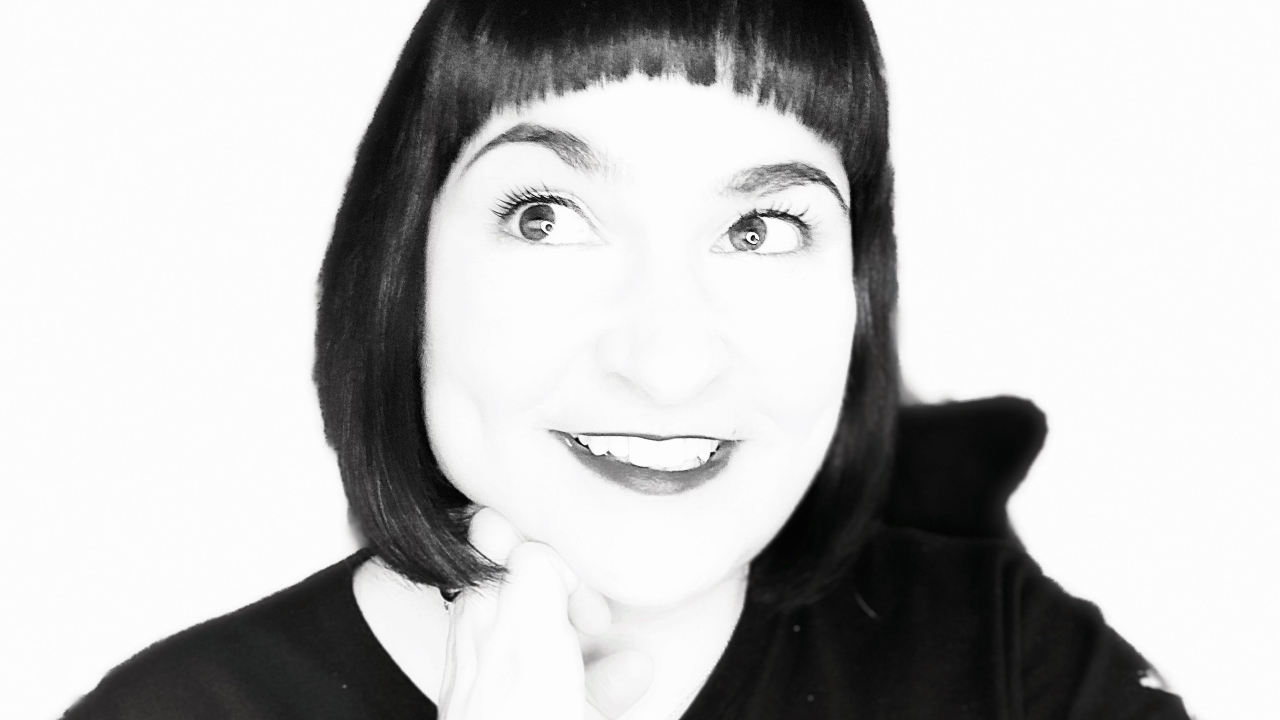
Rachel Weber is the former US Managing Editor of GamesRadar+ and lives in Brooklyn, New York. She joined GamesRadar+ in 2017, revitalizing the news coverage and building new processes and strategies for the US team.


